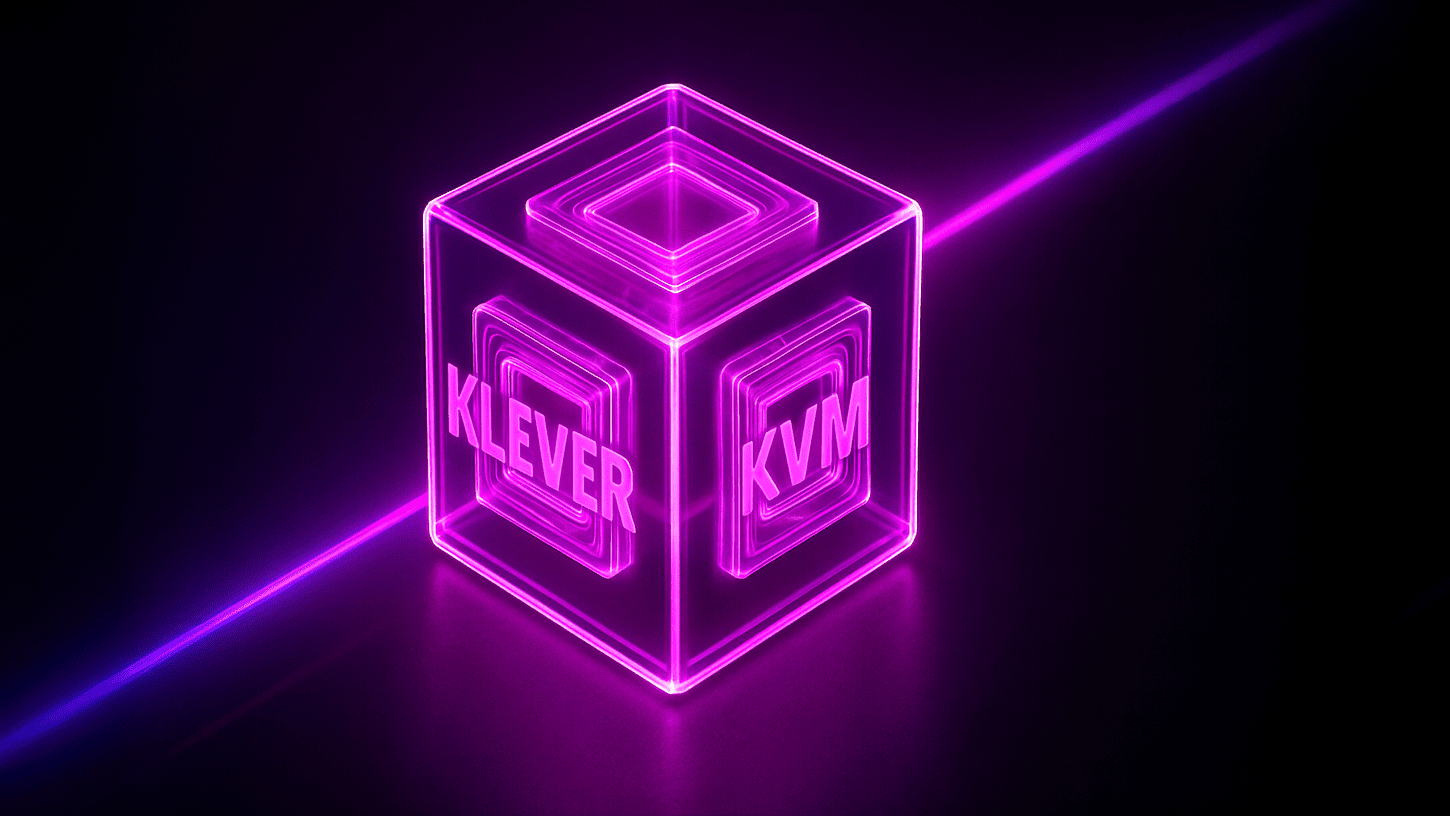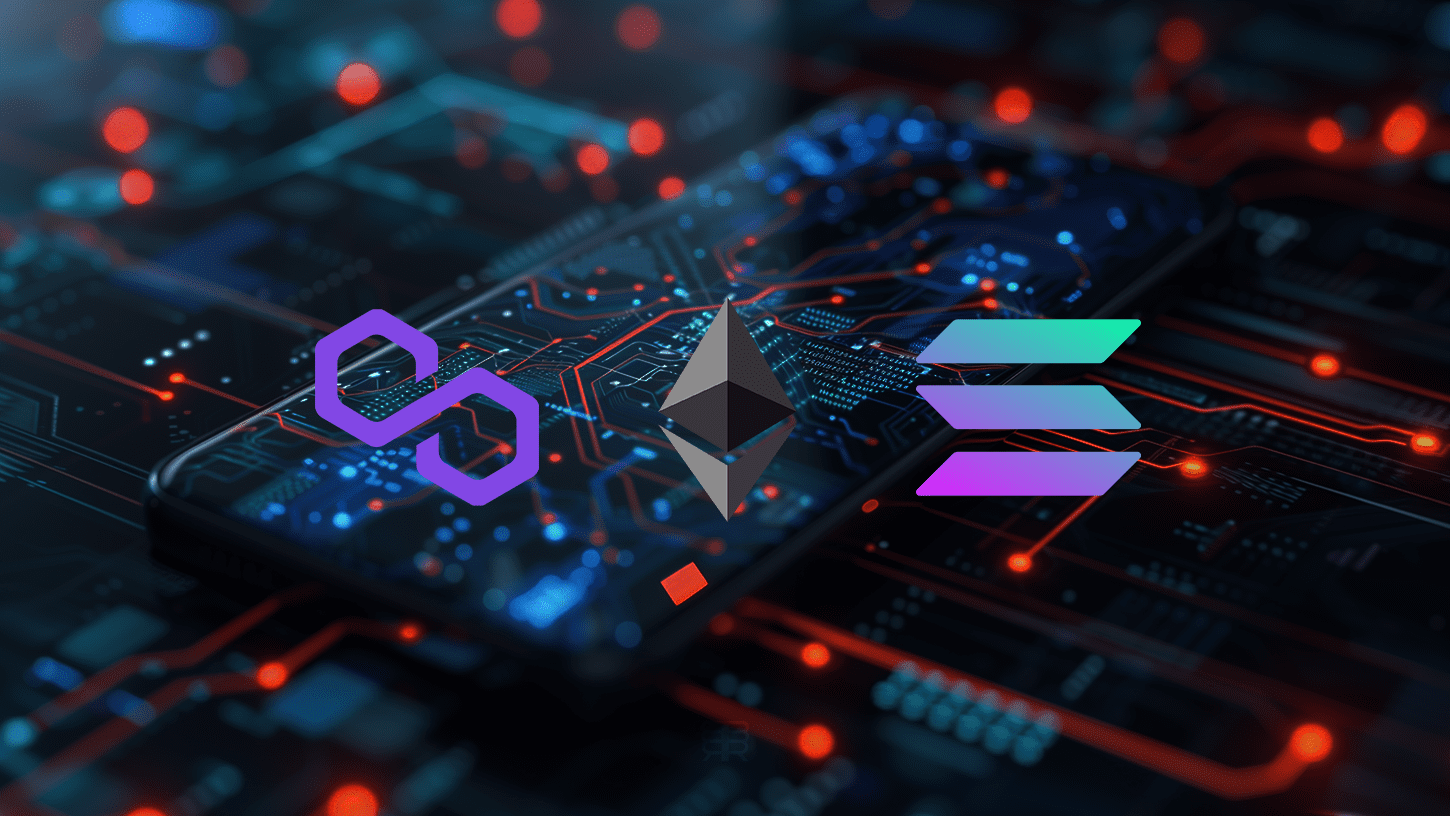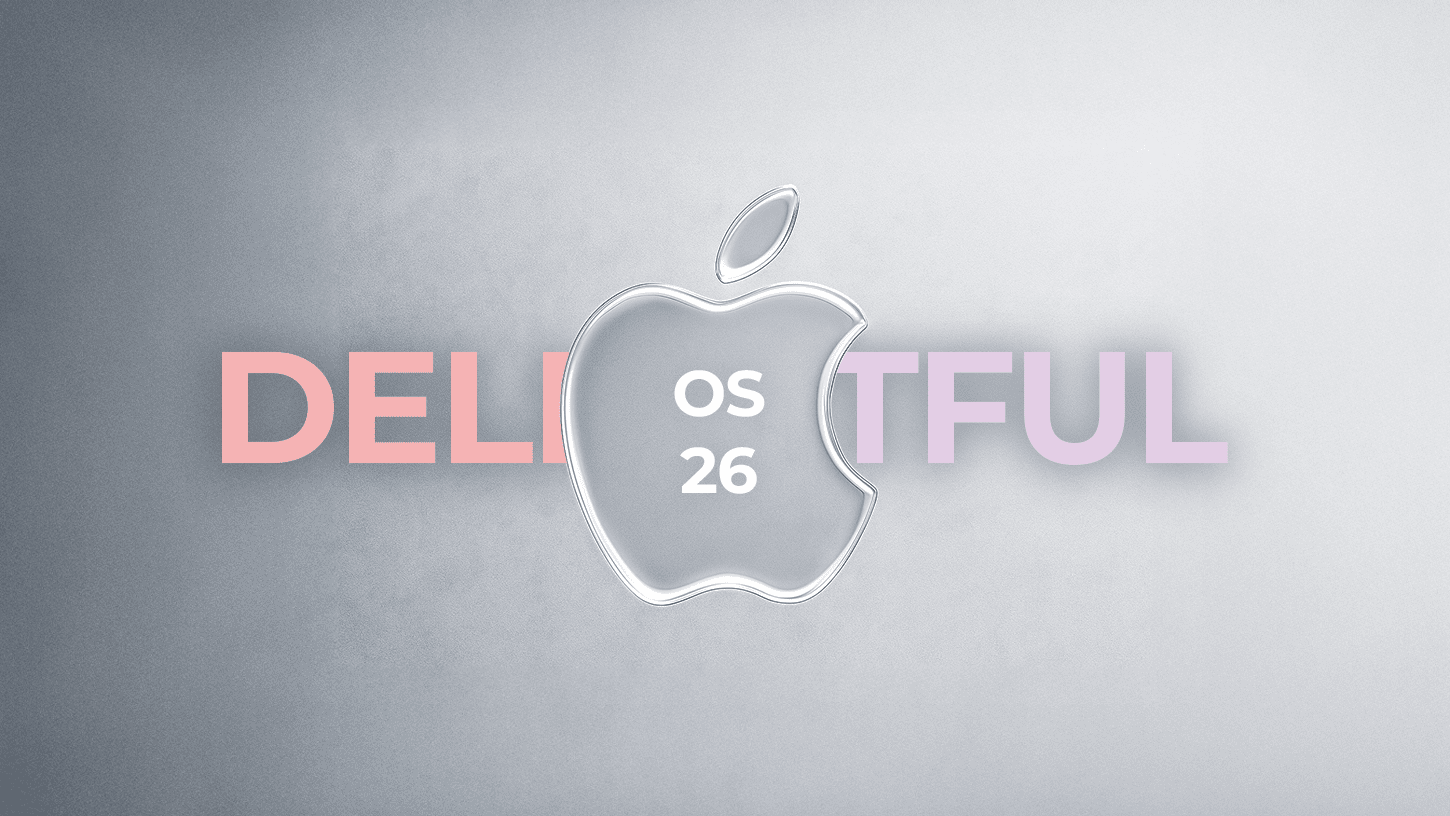Dubai’s AI-Driven Race to 100% Clean Energy by 2050

Dubai is positioning itself as a global leader in sustainable energy, and it’s not just setting lofty targets. The Emirate is combining ambitious policies with cutting-edge technology, particularly Artificial Intelligence (AI), to hit a bold target: 100% clean energy by 2050.
Guided by the UAE Net Zero by 2050 Strategy and the Dubai Clean Energy Strategy 2050, Dubai is transforming its energy sector to support a green economy, reduce carbon emissions, and secure long-term energy independence.
AI: The Smart Engine Behind the Green Transformation
The Dubai Electricity and Water Authority (DEWA), the sole provider for electricity and water, is at the heart of this transition. Its approach to AI is both practical and revolutionary, weaving automation and intelligence into every stage of energy generation, distribution, and management.
- Smarter Power Plants – At the Jebel Ali Power Complex, DEWA has developed the world’s first AI-powered gas turbine controller. Paired with a digital twin system, it boosts thermal efficiency by up to 3% and reduces fuel consumption.
- Predictive Maintenance – AI-powered substations (132/11 kV) save 129 MWh annually per station and cut 54 tonnes of CO₂ emissions.
- Enhanced Customer Service – DEWA’s AI assistant Rammas has answered over 10 million queries and now integrates ChatGPT for more natural conversations. Microsoft Copilot is also helping to cut operational costs by half.
Innovation Hubs Driving Future Energy Solutions
Dubai’s clean energy strategy is rooted in research and development, with the Mohammed bin Rashid Al Maktoum Solar Park acting as a global innovation hub.
- Sustainability and Innovation Centre – Home to R&D on redox flow batteries and Tesla-supported energy storage trials.
- DEWA’s R&D Centre – Focuses on solar optimization, smart grids, advanced energy storage, and clean energy-powered desalination. The centre works with leading universities to stay ahead of the global renewable energy curve.
Mega Projects Powering the Vision
Dubai’s infrastructure projects are among the most ambitious in the world:
- Mohammed bin Rashid Al Maktoum Solar Park – The world’s largest single-site solar facility, now at 3,460 MW with a target of 7,260 MW by 2030. This will push clean energy to 34% of Dubai’s energy mix and reduce carbon emissions by 8 million tonnes annually. The park holds records for the world’s tallest solar tower (263.126m) and the largest thermal storage capacity (5,907 MWh).
- Green Hydrogen – The Middle East’s first solar-powered green hydrogen plant produces 20 kg/hour.
- Pumped-Storage Hydropower – The GCC’s first, at Hatta, offering 250 MW capacity and 78.9% efficiency.
- Waste-to-Energy – The world’s largest plant of its kind converts landfill waste into 200 MW of power, cutting 2,400 tonnes of CO₂ annually.
Measurable Progress and the Road Ahead
Dubai’s clean energy share has already reached 20%, with projections of 34% by 2030. The Emirate has cut net CO₂ emissions by 28.6% in 2024 compared to business-as-usual scenarios and holds the world record for the lowest electricity delivery downtime at just 0.94 minutes per customer per year.
By blending visionary leadership, AI-driven innovation, and large-scale renewable projects, Dubai is building a sustainable energy system that’s as smart as it is clean. If the momentum continues, the city will not only meet its 2050 goal but also serve as a model for other nations aiming to balance economic growth with environmental responsibility.






